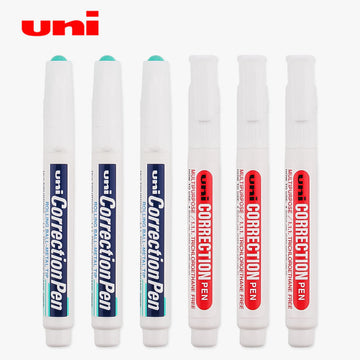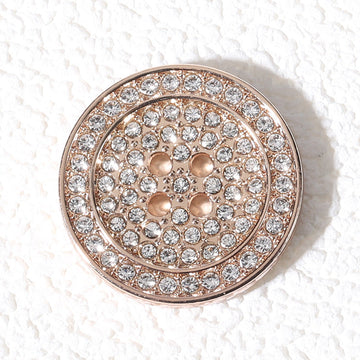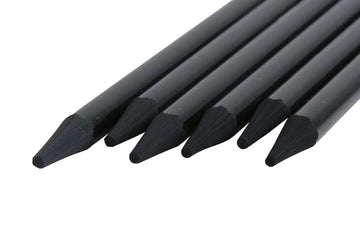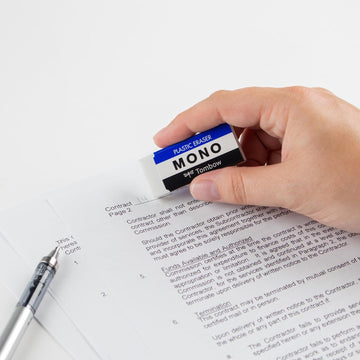
What is CORRECTION PEN?
A correction pen (also known as liquid correction fluid or whiteout) is a pen-like device used to cover up and obscure handwriting, typing, or other markings on paper. It typically contains an opaque, white, fast-drying fluid or paste that can be applied over text to make corrections or changes.
Some key features of correction pens:
- The fluid is thick and opaque so it fully covers up text underneath. Most formulas are white so they stand out against the paper.
- The pens have a fine tip or nib to allow precise application of the correction fluid.
- They are quick-drying, so the correction fluid sets after application and does not smear.
- Some pens have extra features like built-in erasers or correction tapes to allow fixing small mistakes.
- The correction fluid can be written over once dry to make new corrections or edits to text.
- Brands like Liquid Paper, Wite-Out, and Tipp-Ex are among the most well-known correction pens.
- They provide a simple and fast way to neatly fix typewritten or handwritten mistakes without having to fully rewrite pages.
So in summary, a correction pen allows for quickly and cleanly editing text on paper by covering up errors or writing with its opaque white fluid. It is a staple office and school supply for making revisions.
How to use CORRECTION PEN?
- Shake the pen before use to mix up the correction fluid inside. This helps ensure smooth flow and coverage.
- Twist or click the pen to expose the nib. Many pens have a retractable tip that needs to be extended.
- Lightly apply pressure and smoothly move the pen tip over the text you want to obscure. Don't press too hard or the fluid will blob.
- Apply correction fluid in thin, neat layers. Let it fully dry between coats for the best opacity. Multiple layers are better than one thick, gloppy layer.
- Try to precisely match the original text's dimensions so corrections blend in. Don't cover up more than necessary.
- Let the correction fluid fully dry for at least 15-30 seconds before writing over it. Test a small area first to confirm it's dry.
- Replace the pen cap immediately after use to prevent the nib from drying out. Store the pen tip-down.
- When finished with a correction, rewrite or type new text carefully over the dried fluid. Use a ballpoint pen - fountain or gel ink may smear.
- Don't try to erase or wipe away correction fluid once it has dried on the page. It is waterproof and difficult to remove.
- If you make a mistake applying the fluid, wait for it to dry fully then apply a fresh coat to cover it up.
- Be patient and apply multiple thin layers for the best corrections rather than one thick application.




